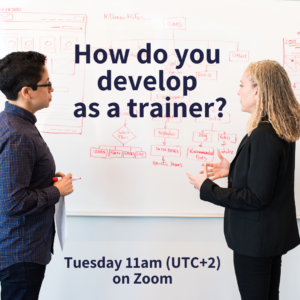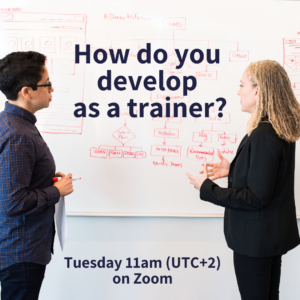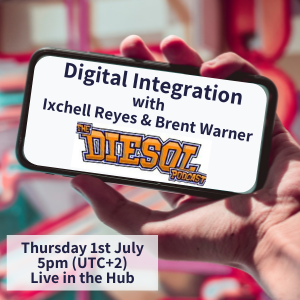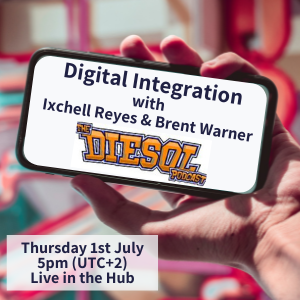


There was a positive flurry of activity this week, with some fabulous crowdsourcing from Hubsters around how we teach and review phrasal verbs, some great tools for creating flashcards, voice recognition software and hybrid learning. There were also questions around what a digital poster presentation might look like for a conference and we were introduced to hope spots – “a collection of aqua bijoux scattered around the world that are so ecologically distinct they have the potential to heal the planet—if we protect them.”
There was also plenty of chat in our live events too, with our monthly Trainer Talking Time focussing on how we can develop our skills and knowledge in this area and our regular Thursday coffee breaks filled with thoughts on a variety of topics. There was also a question in the Hub about developing a framework for sessions with experienced teachers and our Wednesday Question on niche markets generated some interesting comments too.
Coming up next week, we’ll be joined by Rachael Roberts of Life Resourceful for a special Q&A on using social media for business purposes. That’s on Tuesday morning so feel free to add any questions to the thread in advance of the session (or come armed with questions!). And on Thursday, Zhenya Polosatova will be sharing her thoughts on reflective practice in the webinar.







